Life
Sign up for our newsletter
We summarize the week's scientific breakthroughs every Thursday.
-
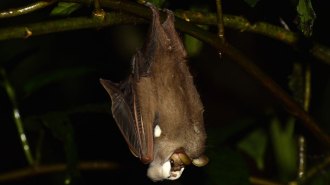 Animals
AnimalsA face mask may turn up a male wrinkle-faced bat’s sex appeal
The first-ever scientific observations of a wrinkle-faced bat’s courtship shows that, when flirting, the males raise their white furry face coverings.
By Susan Milius -
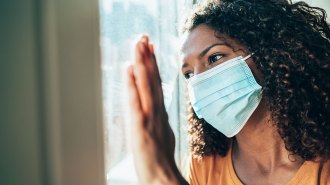 Neuroscience
NeuroscienceLonely brains crave people like hungry brains crave food
After hours of isolation, dopamine-producing cells in the brain fire up in response to pictures of humans, showing our social side runs deep.
-
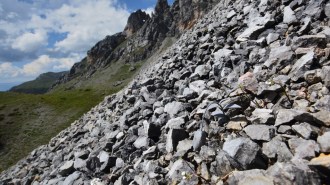 Plants
PlantsThese plants seem like they’re trying to hide from people
A plant used in traditional Chinese medicine has evolved remarkable camouflage in areas with intense harvesting pressure, a study suggests.
-
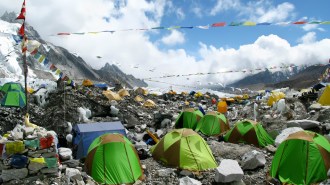 Environment
EnvironmentPlastics are showing up in the world’s most remote places, including Mount Everest
From the snow on Mount Everest to the guts of critters in the Mariana Trench, tiny fragments called microplastics are almost everywhere.
-
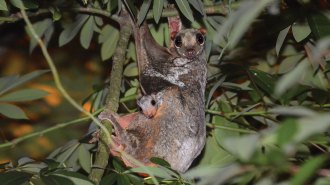 Animals
AnimalsOn a cool night in Malaysia, scientists track mysterious colugos across the treetops
Our reporter tags along for nighttime observations of these elusive gliding mammals.
By Yao-Hua Law -
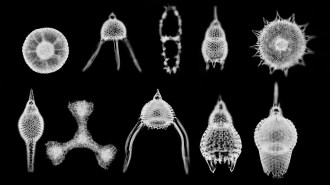 Earth
Earth50 years ago, scientists named Earth’s magnetic field as a suspect in extinctions
In 1970, researchers saw a link between magnetic pole reversals and extinctions. Fifty years later, scientists have uncovered more suggestive examples but no strong evidence of a direct link.lamb
-
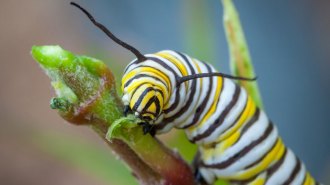 Life
LifeMonarch caterpillars head-butt each other to fight for scarce food
Video experiments show that monarch caterpillars turn aggressive when there’s not enough milkweed to go around.
-
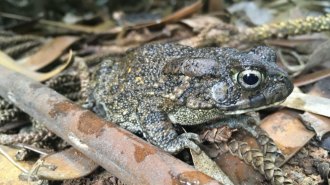 Animals
AnimalsGuttural toads shrank by a third after just 100 years on two islands
Introduced in the 1920s, toads on two islands in the Indian Ocean have shrunken limbs and bodies that may be evidence that "island dwarfism" can evolve quickly.
By Jake Buehler -
 Planetary Science
Planetary ScienceFarming on Mars will be a lot harder than ‘The Martian’ made it seem
Lab experiments developing and testing fake Martian dirt are proving just how difficult it would be to farm on the Red Planet.
-
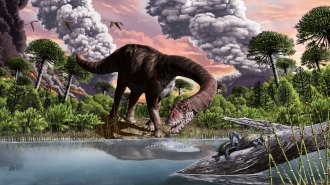 Paleontology
PaleontologyHow massive long-necked dinosaurs rose to rule the Jurassic herbivores
New dinosaur fossil dates to same time as a volcanic surge, suggesting ensuing changes in plant life allowed these long-necked giants to emerge.
-
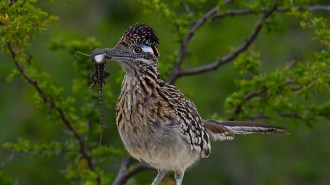 Animals
AnimalsHundreds of new genomes help fill the bird ‘tree of life’
More than 10,000 bird species live on Earth. Now, researchers are one step closer to understanding the evolution of all of this feathered diversity.
By Jake Buehler -
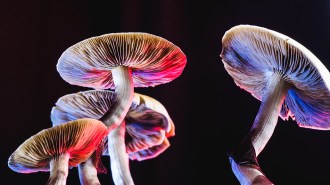 Neuroscience
NeurosciencePsilocybin may help treat depression, a small study finds
Researchers found that a compound in psychedelic mushrooms eased depression symptoms, but larger studies are needed.